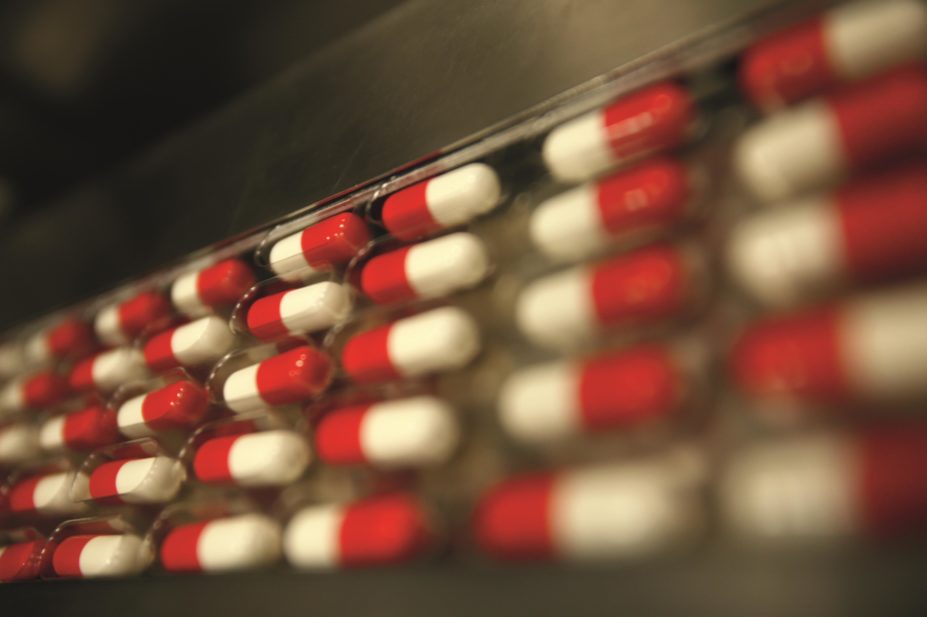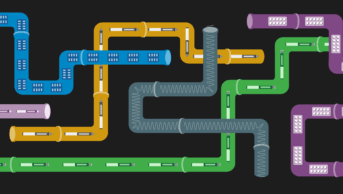
Shutterstock.com
The first antimicrobial drugs have been purchased via the UK’s ‘subscription-type’ payment model, designed to help secure a pipeline of future treatment options for NHS patients.
The payment model, led by the National Institute for Health and Care Excellence (NICE), NHS England and NHS Improvement, will pay pharmaceutical companies upfront for access to medicines based on their usefulness to the NHS.
NHS England and Improvement said that two treatments, cefiderocol (Fetcroja) manufactured by Shionogi, and ceftazidime with avibactam (Zavicefta) manufactured by Pfizer, have become the first two drugs to be selected to move to an innovative health technology evaluation process as part of the payment system.
Fetcroja is licensed for treating infections due to aerobic Gram-negative organisms in adults with limited treatment options. Zavicefta is a combination antimicrobial licensed for the treatment of a number of infections, including intra-abdominal and urinary tract infections, as well as hospital-acquired pneumonia.
The innovative health technology evaluation process will be undertaken by NICE over the next 12 months. The output of the evaluations will then inform the subscription payment price each company will receive for its product.
It is anticipated that the products will be made available to patients from early 2022.
The idea of the payment approach is to move away from paying for individual packs of antimicrobials and, instead, make an annual payment based on the health benefits to patients and the value to the NHS.
In a blog published on 18 December 2020, NHS England and Improvement project leads, Mark Perkins and David Glover, said that the project was “setting an example to the world that this type of approach is feasible”.
“We continue to share our learning with international partners and encourage them to consider similar models within their own healthcare systems. By other countries following suit, working with partners in industry, collectively we can reinvigorate the antimicrobial development pipeline,” they added.
Gino Martini, chief scientist at the Royal Pharmaceutical Society, said it was “very positive” to see the innovative new funding model put into practice.
“The old model of developing new antibiotics was creaking at the seams. Developing new drugs through schemes like this gives greater opportunities to build a pipeline of antimicrobials that will help patients in the future,” he added.
Announcing the payment scheme on 9 July 2020, health and social care secretary Matt Hancock said: “Having a full pipeline of antimicrobials is critical in our efforts to address AMR [antimicrobial resistance], but currently not enough pharmaceutical companies are investing in the development of new drugs.
“We are sending a strong signal to the rest of the world that there are workable models to stimulate investment in these vital medicines and that together we can tackle AMR.”

